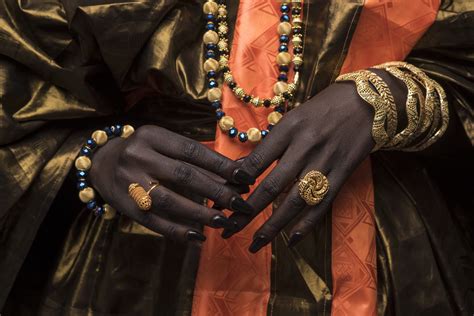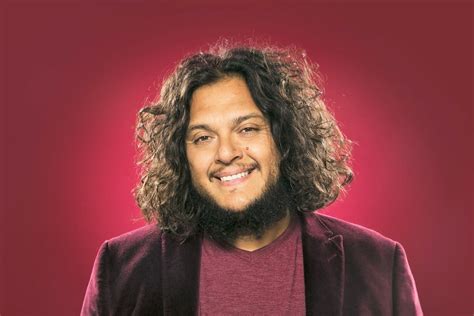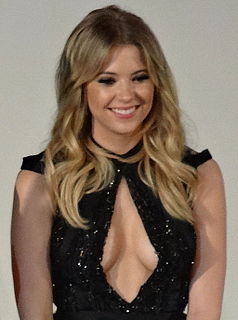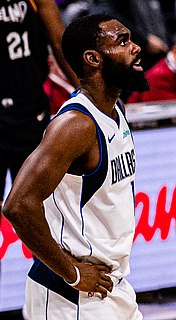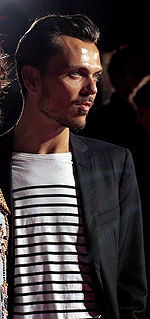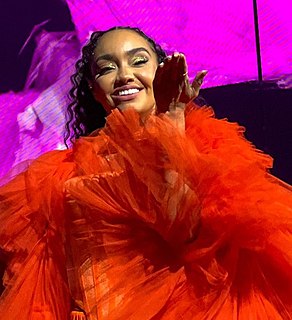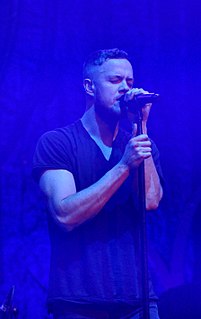A Quote by Khoudia Diop
Where I grew up, we had light-skinned models but not dark. Every time I would talk about being a model with my friends, they would start laughing out loud.
Related Quotes
As much as I loved Pacino and De Niro and wanted to be a dramatic actor, I also grew up on sitcoms. I grew up on 'M*A*S*H' and 'All In The Family' and 'Cheers.' And then around this time - this would have been '95, '96 - I was so into 'Friends' and 'Mad About You,' the idea of being on a sitcom became a very real thing that I wanted.
But I know I would not go out. I had taken this time to fall in love instead — in love with the sort of helplessness I had not felt in death — the helplessness of being alive, the dark bright pity of being human — feeling as you went, groping in corners and opening your arms to light - all of it part of navigating the unknown.
Who doesn't have a dark place somewhere inside him that comes out sometimes when he's looking in a mirror? Dark and light, we are all made out of shadows like the shapes on a motion-picture screen. A lot of people think that the function of the projector is to throw light on the screen, just as the function of the story-teller is to stop fooling around and simply tell what happened, but the dark places must be there too, because without the dark places there would be no image and the figure on the screen would not exist.
I have three kids. Now they're all grown up, but when they were little, every time I would start a new project, they would say, 'So dad, are you making a movie we can watch or one we cannot watch?' That's the kind of stuff they would ask. People around me - family and friends - usually know when to watch and when not to watch.
